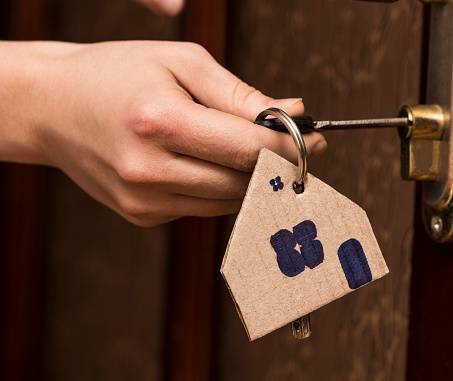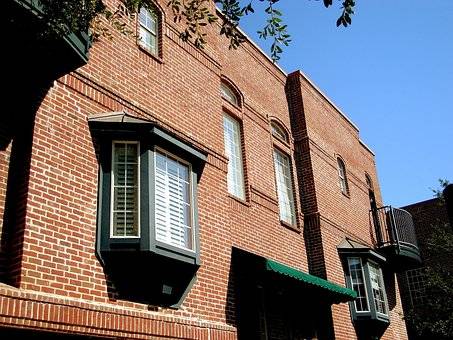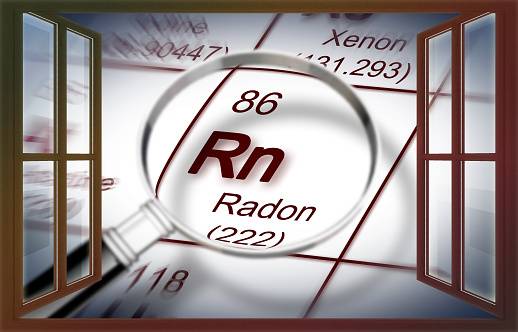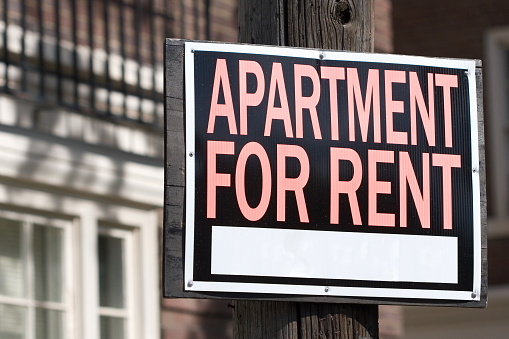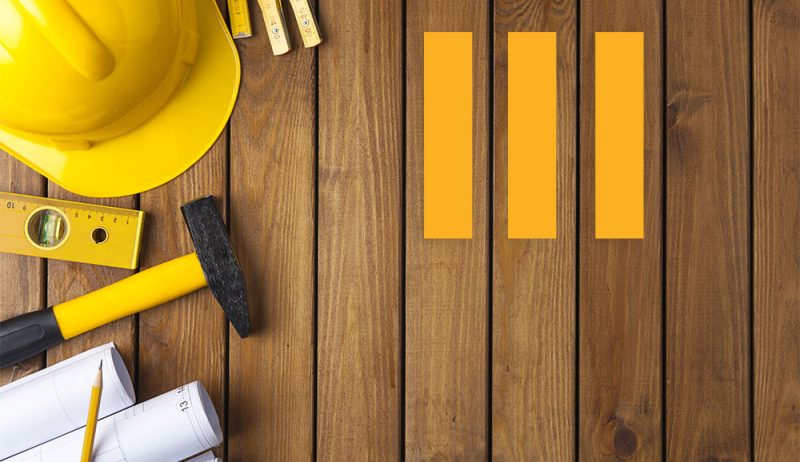How To File A Warranty Claim And What You Can Anticipate
How To File A Warranty Claim And What You Can Anticipate There has been a recent surge in the population of small towns in Ontario’s rural areas. More and more people migrate there from the city’s crowded core. The pandemic has helped to speed up this migration, as telecommuting has already proven to be an effective business tactic. So, here’s some good news if you’re a “remote” worker in search of a brand-new house in a less crowded area. To start, you have a variety of options to consider. Numerous new residences are being built in little villages away from major cities. Second, your builder is almost certainly going to include a Tarion-backed warranty in the sale price of your home. This is a summary of what you should expect from warranty claim: Your deposited money is secure Your deposit on a new freehold house or condominium unit in Ontario is secured when you sign a cheque for the full purchase price. The amount of your security deposit returned to you when you sell a freehold property is directly related to how much money the property sells for. If the property is selling for less than $600,000, your deposit is fully covered up to $60,000. If the price is higher, your deposit is protected at a rate of 10 percent, up to a maximum of $100,000. The concept of security deposits in condominiums is slightly different. Your security deposit is held in trust in accordance with the Condominium Act and will be completely safe. The new home warranty plan provides you with an additional $20,000 in coverage. Compensation for delays is possible In either case, you and the builder would prefer that the closing date not be pushed back. However, delays sometimes occur for good reason. If your builder follows the proper processes, they may be able to delay your completion or occupancy date. This is done according to the provisions of your purchase agreement. However, if they don’t, you could be eligible for compensation for the delay. The maximum amount that can be claimed under the warranty is $7,500, with daily compensation set at $150. This sum is meant to assist with any unforeseen costs, such as higher rent or food, that may arise as a result of the hold up. You can file a claim for delay compensation to help pay the costs of things like short-term housing rentals and storage facilities. Defects can be covered by warranty for up to seven years Upon moving into your new residence or assuming occupation of your new condo, the duration of this guarantee will begin. There are three distinct phases of protection. All violations of the Ontario Building Code (OBC) and unlawful substitutions of goods your builder agreed to deliver are covered in addition to any flaws in workmanship or materials in the first year. If your bathroom exhausts into the attic, for instance, you are breaking the OBC. Unauthorized substitutions include situations like when a builder installs cheaper materials like laminate countertops when you specifically requested granite. The builder could be contacted for a warranty claim in any scenario. Your two-year warranty protects you from problems. These include your home’s plumbing, heating, air conditioning, and electrical systems. Moreover, it includes OBC’s health and safety violations, cladding faults, and water seepage in the basement or elsewhere. The third type of protection is up to seven years of security against significant structural faults. Any problem that compromises the safety of the building’s structure or restricts the functionality of a sizable component of the dwelling is considered a substantial structural issue. Possible causes include foundation movement, severe cracking of basement walls, and the growth of deadly mould. Related posts 28 January 2023 How To File A Warranty Claim And What You Can Anticipate 28 January 2023 Three Improved Ways to Understand Your Warranty Three Improved Ways to Understand Your Warranty Purchasing a home in the pre-construction phase can be… 28 January 2023 Can I Have A New Home Warranty Even If It’s Not New? Can I Have A New Home Warranty Even If It’s Not New? Did you buy a previously owned house recently?… 27 January 2023 How To File A Warranty Claim And What You Can Anticipate Process of warranty claim and what to expect? There has been a recent surge in the population of small… 26 January 2023 Process of warranty claim and what to expect? Process of warranty claim and what to expect? Everything about your new house would be wonderful if you… 25 January 2023 Home Snow Removal? Remember These Spots Home Snow Removal? Remember These Spots One constant of an Ontario winter is snow. Sometimes quite a… 23 January 2023 Lower Bond Yields Mean Lower Fixed Mortgage Rates Lower Bond Yields Mean Lower Fixed Mortgage Rates Mortgage debtors may finally see some relief after…
How To File A Warranty Claim And What You Can Anticipate Read More »



